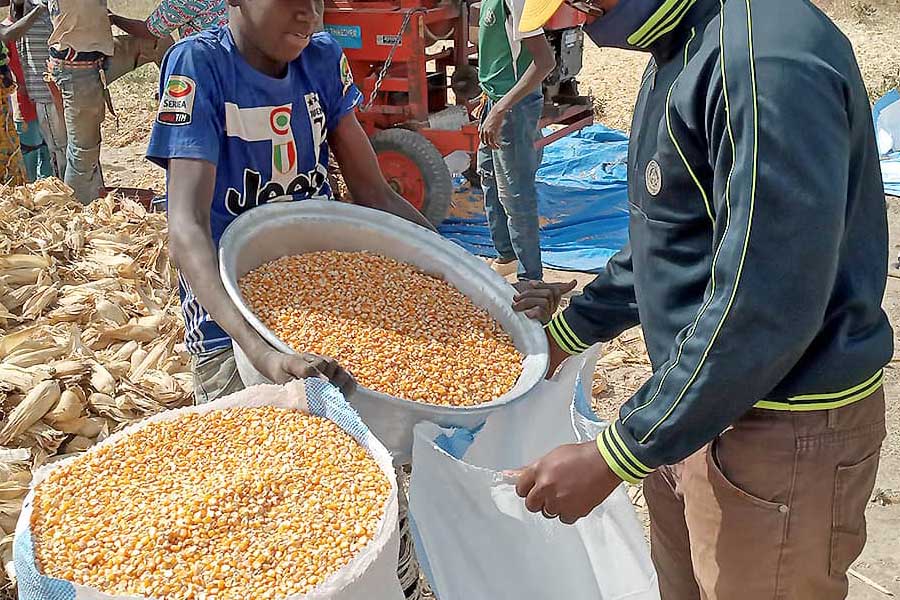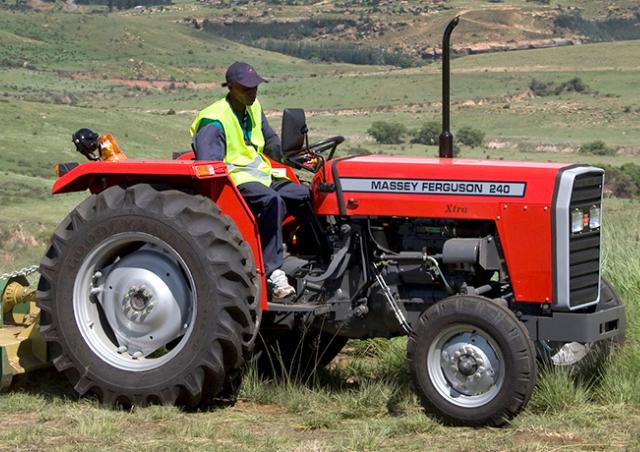
Many families in Ghana’s rural areas rely on crops and livestock for their income. Most smallholder farmers are still living in poverty, despite positive trends in global development drivers such as increasing population, per capita earnings, and changing nutritional choices in the urban population. Comparatively less agricultural produce is sold, and fewer farmers attend marketplaces, in rural regions than in peri-urban ones. Poor quality and high cost of inputs, high transportation expenses, excessive market charges, and incorrect market information all work against market participation at the village level. Strategies are proposed to increase the provision of market information and to boost value addition and the availability of inputs in rural areas.
Quality of Agricultural Products of Ghana
The economy of Ghana is the second biggest in all of West Africa. Steady economic development has been the result of political stability and favorable economic circumstances, although it is reliant on just a handful of goods. A lot of Ghana’s agricultural goods are not competitive on the national or international level due to poor production and quality.
Smallholder farmers in Ghana have been responsible for producing the vast majority of the country’s agricultural output. Particularly, they often lack access to resources (agricultural machinery, agricultural input), funding, and marketing relationships. As a result, plant diseases and pests may proliferate unchecked, resulting in a poor crop. The quality of the product is further diminished by inadequate storage and transportation. Furthermore, the supply of high-quality raw materials is inconsistent, and the food processing industry lacks the necessary capital and technical expertise. Mangoes, cashews, pineapples, and spices are among Ghana’s most exportable commodities, but the country is not making the most of its production potential, and the middle class relies heavily on imports because of rising expectations for food quality.
Market Oriented Agriculture Programme (MOAP)
Using targeted value chains, the Market Oriented Agriculture Programme (MOAP) supports seed and tree nursery businesses, farm operations, wholesalers, retailers, processors, and exporters. All the way up the value chain, product quality improves, earnings go up, and new jobs are created as a consequence.
Improved output and quality are the results of training farmers in best practices and quality standards, as well as the expansion of specialized private service providers. The initiative also promotes inclusive business models that help smallholder farmers sell their goods and earn a steady income. The improvement of manufacturing methods, use of mechanization such as agricultural machinery and farm implements and food safety, as well as the creation and promotion of new goods, are essential goals. By strengthening local communities via capacity training and strong interaction with the corporate sector, MOAP fosters an enabling environment for sustainable investment where the private sector, such as tractor dealers like Tractor Provider, can pour in and provide desired agricultural machinery to smallholder farmers and agricultural infrastructure including irrigation systems, warehouses, and transportation.
Market Access to Smallholder farmers
The agriculture industry benefits from increased market access, the development of new employment, and greater wages as a result of increased productivity and quality in the supported value chains. During times of the year when their stable food supplies are exhausted, the development of high-value cash crops improves the food security of smallholder farmers. Numerous farmers have earned certifications from respected worldwide sustainability organizations. The ability to sell their products throughout Europe and to provide organic standards to processing firms has been made possible by this expansion into new markets. They were able to secure long-term contracts with their biggest customers and price increases of up to 100% after obtaining certification.
Need for agricultural Mechanization
Farmers on tiny plots of land now have a greater need for mechanization as a result of improved access to markets. In order to boost agricultural production, smallholder farmers in Ghana are in dire need of state-of-the-art agricultural machinery. Local areas with favorable agro-ecological conditions for tractor use, where farm implements and labor-saving technology are more appealing to farmers, and where some farmers can afford to invest in tractors would see the greatest uptick in demand for agricultural machinery and mechanization, especially for land preparation.
Role Tractor Provider could play
One of the leading tractor dealers in Ghana, Tractor Provider stocks popular brands including Massey Ferguson tractors for sale and New Holland tractors for sale. Tractor Provider has a variety of farm implements that might be useful to Ghanaian farmers. Due to its usefulness in a wide range of agricultural contexts, such as harvesting, land preparation and land preservation, the usage of such technology may help farmers save time, resources, and money.



